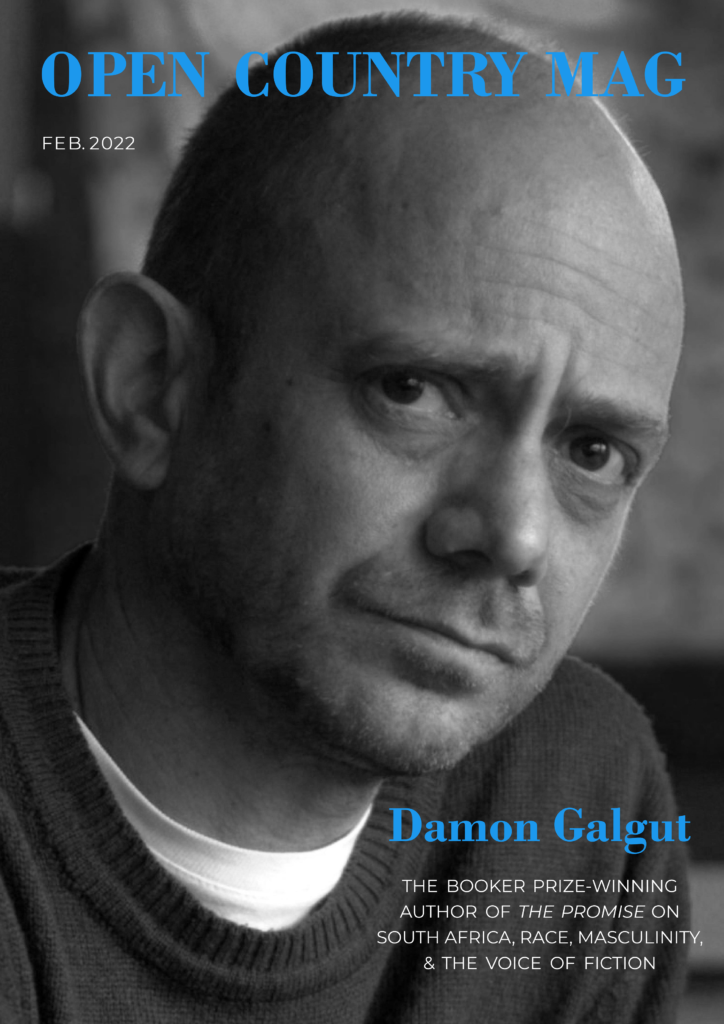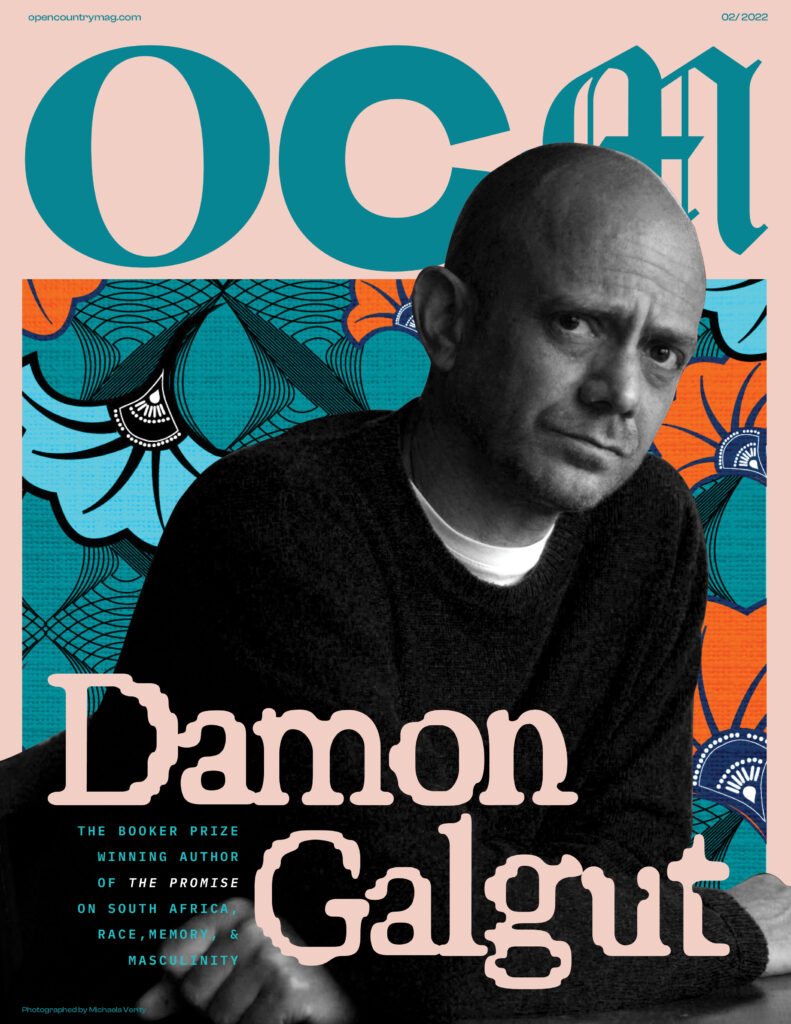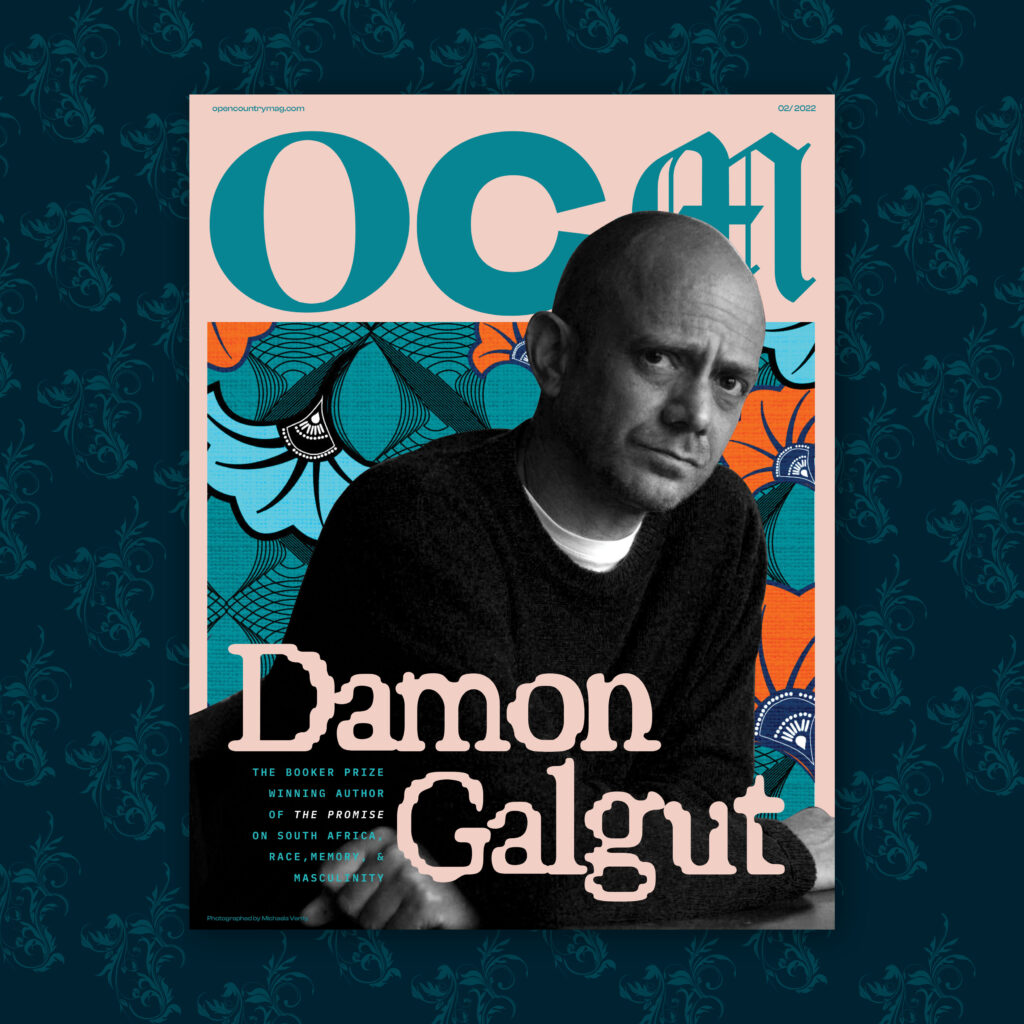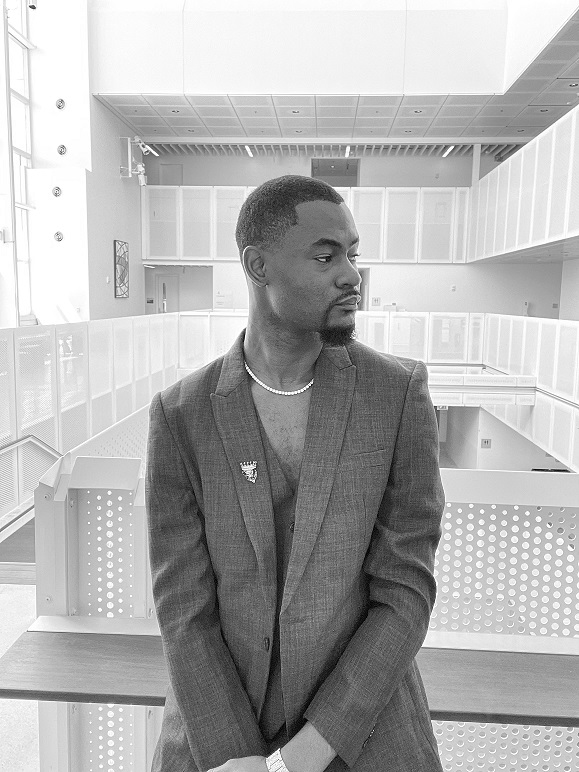When Damon Galgut won the Booker Prize last year last year for his ninth book and eighth novel The Promise, he used the opportunity to highlight African literature. “This has been a great year for African writing,” he said. “I’d like to accept this on behalf of all the stories told and untold, the writers heard and unheard from the remarkable continent that I come from. I hope people will take African writing a little more seriously now.”
He was referring to the fact that several of the year’s major international literary prizes had gone to Africans: the Nobel Prize to Tanzania’s Abdulrazak Gurnah, the second Black African to win; the International Booker Prize to Senegal’s David Diop; Portugal’s Cameos Award to Mozambique’s Paulina Chiziane, the first Black woman to win; and France’s Prix Goncourt to Senegal’s Mohamed Mbougar Sarr, the first Sub-Saharan African to win. English PEN’s Pinter Prize and PEN International’s Award for Freedom of Expression had also gone to Zimbabwe’s Tsitsi Dangarembga, who was on our first cover for December 2020.


More than only awards, there were books, too. A good summary of the year is our list of “The 60 Notable Books of 2021.” And yet as much as there are books, and progress in international reception, there remain major problems. Writers missing and tortured. Gaps in publishing and distribution in the continent. And these make Galgut’s decision to highlight the continent—a generosity of spirit in itself—even more crucial.
Galgut is the third South African to win the Booker Prize, after Nadine Gordimer and J.M. Coetzee, and the fifth African overall, with Nigeria’s Ben Okri and the British Nigerian Bernardine Evaristo also winners. Like Evaristo, he won his elevation much later in his career. But unlike any other previous winner—unlike any notable African writer at all—his career began in his teens.
His first book, the novel A Sinless Season, was written when he was just 17 and published at 19. He was a prodigy, but his career did not take off as he hoped. A different writer might have turned out differently, but he persisted. And this is where he is again similar to Evaristo: he persisted in style, with formal innovation that should have deterred him. Eventually, it got him two Booker Prize shortlistings, and then landed the win. (The Promise has just been shortlisted for the Rathbones Folio Prize as well.)
Galgut agreed to this story a few days before traveling to London for the prize ceremony. We spoke just before Christmas. He is the first South African on our cover, the first white African, and his story is one of steadiness, an artistic inspiration in the purest sense.
COVER STORY: “The Methods of Damon Galgut”
More Cover Announcements
—Chimamanda Ngozi Adichie Is on the September 2021 Cover of Open Country Mag
—Teju Cole Is on the July 2021 Cover of Open Country Mag
—Maaza Mengiste Is on the January 2021 Cover of Open Country Mag
—Tsitsi Dangarembga Is on the December 2020 Cover of Open Country Mag






4 Responses